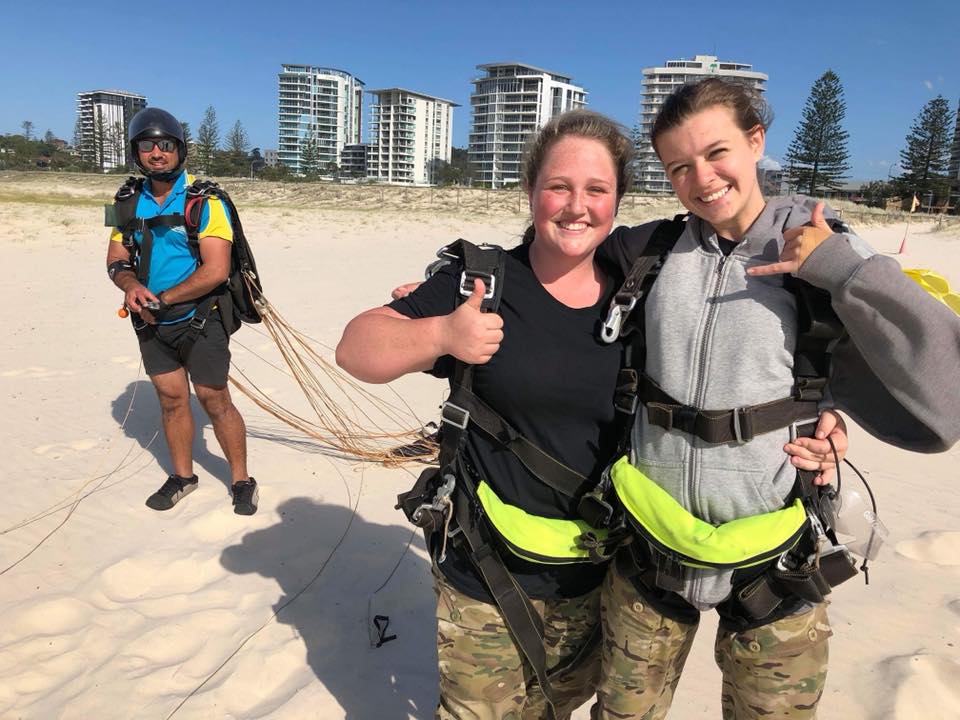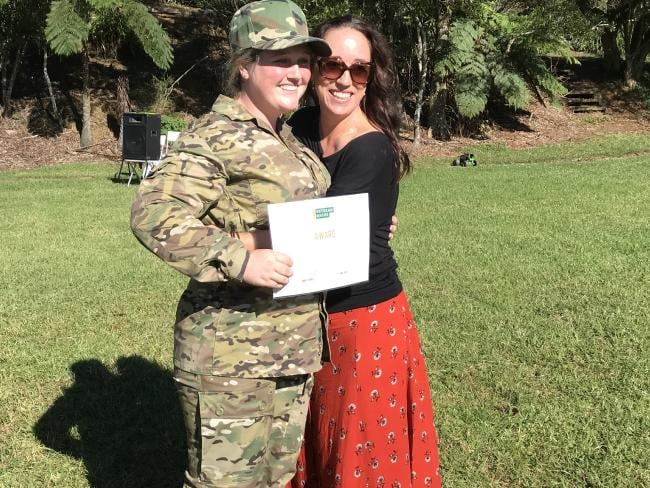
22 May “I only slept 3 hours per night” a story of teenage technology addiction
Courtesy of news.com.au
Written by Libby-Jane Charleston
SYDNEY teen Saira Simpson was regularly sleeping for only three to four hours a night thanks to her addiction to technology.
The 17-year-old high school student from Penrith in the city’s west knew she was making bad decisions, neglecting her school work, fighting with her parents and feeling unhappy.
“Essentially I was miserable and wasn’t happy within myself. I wasn’t doing my assignments. I’m in year 12 and I wasn’t submitting them on time and when I did, they weren’t very good quality,” Saira told news.com.au
“I was always on Facebook, Snapchat and Instagram for at least three hours a day and I was staying awake until 2am. I was going down the wrong track, wrong people, wrong decisions.”
“I realise tech has a big impact on our lives. My generation don’t really know how to communicate anymore unless it is with a hashtag or tagging them. It’s hard. Everyone is addicted and it is causing problems.”
A recent study found 24 per cent of teens are “almost constantly” online while 92 per cent are online every day.
Google recently announced plans to launch software solutions to help teens battle tech addiction. The software, Digital Wellbeing, will be designed to help people from feeling so devoted to their devices and develop a sense of JOMO (joy of missing out) instead of FOMO (fear of missing out) when it comes to their smartphones.
But some experts say the new features have little basis in science.
Sarah’s parents were at their wit’s end when they heard about a boot camp run by former Aussie soldiers, known as the Veteran Mentors, who are dedicated to helping kids get off their screens.

The nine day tech-free boot camp, in a secluded location on the Gold Coast, is designed to boost resilience, respect and courage. Sarah’s parents broke the news to her about participating in the boot camp just days before her flight.
“They told me three days before the boot camp that I was going there. There was a lot of resistance. There was no talking for two days. But once I got there, I had a really good time and learnt a lot about myself,” Saira said.
Saira, along with 40 other teens and tweens spent nine days with the Veteran Mentors so they could go cold turkey on tech. The rules were pretty simple: no mobiles, no computers and no gaming consoles.
The boot camp program is all about teaching kids who are experiencing low self-esteem or an addiction to technology to be accountable for their actions. Free from the distractions of tech, the kids are taught how to reach their full potential and build positive relationships.
The kids are taken through a variety of activities from facing fears at the Springbrook waterfall and skydiving, to the simple task of making a bed properly. The kids also learn about mental and physical resilience, as well as effective communication,
Former Australian Army combat engineer and Veteran Mentors director Troy Methorst told news.com.au he and his team helped high school kids overcome a range of problems, including low self-esteem and lack of respect — but almost all the participants were addicted to tech.
“The program also helps children who are anxious and struggling to find their place in this busy world. We teach them strategies and skills, which include mental and physical resilience, effective communication, conflict resolution and fear/stress management,” Methorst said.
“So many issues can negatively impact young people’s lives — it could be online bullying, bad posture, lack of sleep or tech addiction. So we focus on giving them the tools they need to achieve success at any given task.”
So how did Saira cope during the nine days away from technology?
“It was really hard. The first two days I just wanted to go home. I wasn’t really prepared for it all. But I have to say by the third day, it was really good. And I see it’s not just me, it’s the same for everyone at the boot camp,” Saira said.
Now she’s home, Saira is a new person. She’s off the tech and getting a good night’s sleep — and she has this message for other teenagers.
“Put your tech down and go outside. Fresh air has been fabulous. I’ve had a lot of problems and they have all kind of released while I was at boot camp and I’ve realised that I am the source of it,” she said.
“So go outside and get some physical activity. Maybe come on this camp, as it’s been amazing.”
View the original article here


Angela David
Posted at 11:42h, 29 JuneI have teenagers that are too obsessed with technology and have behaviour and anxiety issues due to trauma.